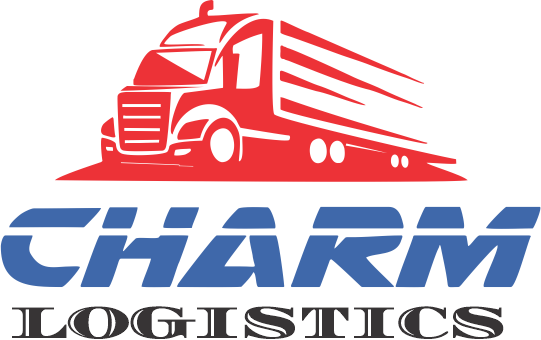Introduction: Welcome to our blog dedicated to truck dispatching (Freight dispatcher services). A critical aspect of the transportation industry that ensures goods reach their destinations efficiently. In this guide, we’ll delve into the intricacies of truck dispatching. Explore best practices, and highlight innovative strategies to optimize operations.
Understanding Truck Dispatch: Firstly Truck dispatching is the backbone of transportation logistics. Involving the coordination of vehicles, drivers, and routes to deliver goods promptly. Secondly it encompasses various tasks, including assigning loads, monitoring driver activities, and resolving issues in real-time.
Key Components of Effective Freight Dispatching Services:
- Load Assignment: Efficient dispatching begins with assigning appropriate loads to available trucks based on factors like distance, weight, and delivery deadlines. However utilizing advanced software and algorithms can streamline this process, matching loads with the most suitable vehicles.
- Route Planning: Most importantly optimizing routes is crucial for minimizing fuel costs and reducing transit times. Dispatchers must consider factors such as traffic patterns, road conditions, and potential hazards when planning routes. Integrating GPS technology and route optimization software can help identify the most efficient paths.
- Communication: Most importantly clear and timely communication between dispatchers, drivers, and customers is essential for smooth operations. Secondly establishing effective communication channels, such as mobile apps or two-way radios. Enables real-time updates and facilitates quick response to unexpected events.
- Monitoring and Tracking: Utilizing telematics systems allows dispatchers to monitor vehicle locations, track driver behavior, and receive alerts for any deviations from planned routes or schedules. This real-time visibility enables proactive management and enhances overall efficiency.
- Flexibility and Adaptability: In the dynamic transportation industry, unforeseen circumstances like weather disruptions or traffic congestion are inevitable. Dispatchers must remain flexible and adapt plans accordingly to mitigate delays and ensure timely deliveries.
Innovative Technologies Transforming Freight Dispatching Services:
- Artificial Intelligence (AI): Firstly AI-powered algorithms can analyze vast amounts of data to optimize routing, predict demand patterns, and automate decision-making processes. Machine learning algorithms can continuously improve efficiency by learning from past experiences and adapting to changing conditions.
- Blockchain: Blockchain technology offers secure and transparent record-keeping, enhancing trust and accountability in supply chain transactions. In addition by utilizing blockchain for document management and tracking shipments, dispatchers can streamline processes and reduce administrative overhead.
- Internet of Things (IoT): IoT devices installed in trucks provide real-time data on vehicle performance, fuel consumption, and cargo conditions. Integrating IoT sensors with dispatching systems enables proactive maintenance, improves fuel efficiency, and ensures cargo integrity throughout the journey.
Conclusion: Effective truck dispatching is paramount for optimizing transportation operations and delivering superior service to customers. By embracing advanced technologies, adopting best practices, and fostering collaboration between dispatchers and drivers, companies can achieve greater efficiency, cost savings, and customer satisfaction in the competitive transportation landscape. Stay tuned for more insights and tips on mastering the art of truck dispatching.
